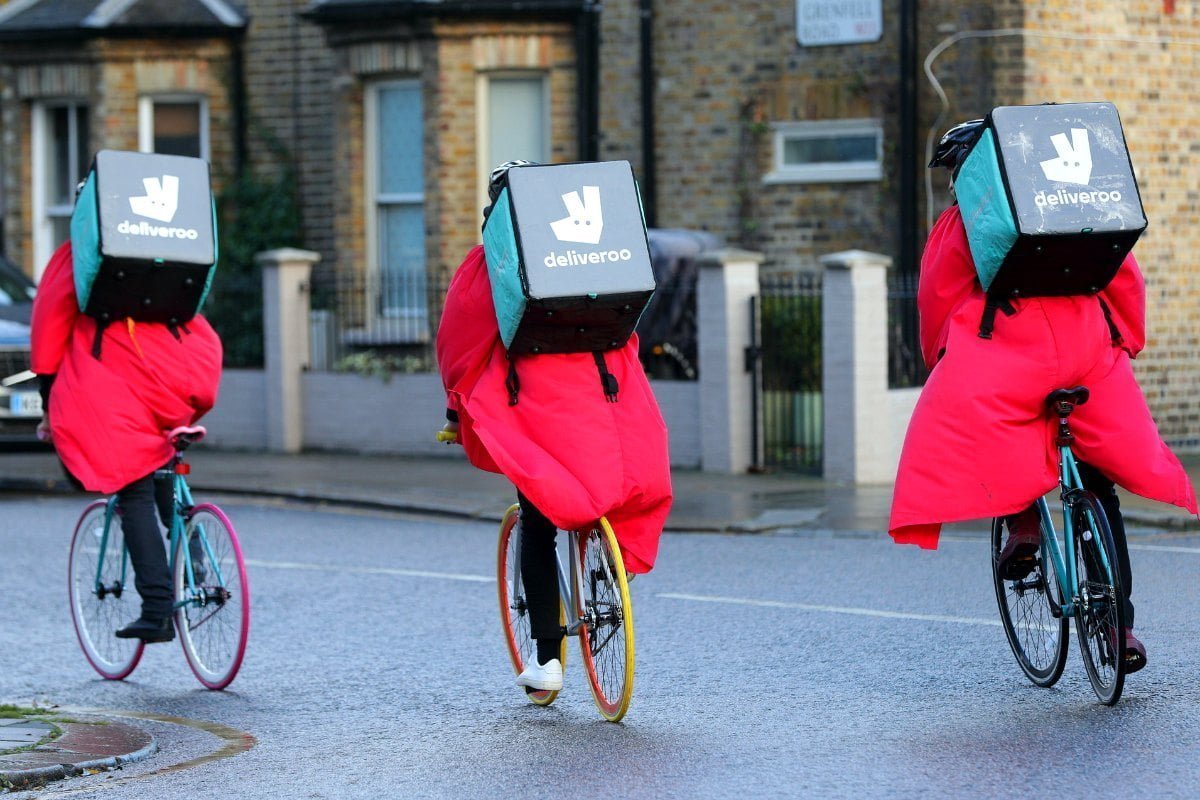The number of people struggling to make ends meet despite being employed is growing and growing. The Tory Party’s boasts about cutting unemployment are clearly misleading, John Russell explains, as an increasing number find themselves with falling real wages, zero-hour contracts, and in temporary employment.
The number of people struggling to make ends meet despite being employed is growing and growing. This year, a report by the Joseph Rowntree Foundation found that the number of people defined as suffering “in-work poverty” had risen by 1.1 million since 2010, to a staggering 3.8 million.
The Tory Party’s boasts about cutting unemployment over the past few years is based on a slew of attacks against the working class, including falling wages in real terms, and the rise of zero-hour contracts and temporary employment. While there might be fewer people who are unemployed now than there was in 2010, the number of people in work being forced to claim for housing benefit and other income support more than doubled between 2010 and 2015.
In March 2017, the number of people on zero-hour contracts had risen to a record high of close to 1 million, up from just over 200,000 in 2012. Many more than that work on four, six, or eight hour contracts. Increasingly, people are having to turn to part-time or temporary employment, with the job market offering little else. Without a full-time, permanent job to rely on, it’s no wonder that so many workers are finding themselves forced to claim benefits to top up their wages. And with increasing austerity cuts to benefits like this, even that has become nearly impossible for many.
Not only are people struggling to find enough work, but working conditions are declining for many workers. A recent Populus survey of over two thousand people found that less than 1 in 10 thought that “all work was fair and decent”, and almost three quarters of people said that more should be done by the government to improve the quality of jobs. We’ve all heard the horror stories of the conditions of workers in the “gig economy”, exploited and overworked on casual employment contracts, with no job security or ability to contest the actions of their bosses.
Vicious cycle
Since the economic crash of 2008, the world economy has been struggling to reach any kind of real recovery. Capitalism has got itself into a crisis that it can’t get out of this time. Economic growth is sluggish, consumption is low, and more and more people are heading into poverty while a tiny minority continue to cling on to their huge profits. As wages fall, and workers have less money to spend, naturally businesses see their sales and profits drop. In response, they fire workers, cut their wages, or move to cheaper, more ‘flexible’, employment contracts – rather than see their private profits fall.
Of course this means that there are yet more workers unable to afford to spend, and so capitalism gets itself into this vicious cycle of decline. Investment drops as capitalists start to see that businesses aren’t booming: why would a capitalist invest in producing things, when nobody is buying things? But without production, there are no jobs – and so of course there is nobody able to buy things! And so the downward spiral goes on.
Without a democratically planned economy – which could investment on the basis of need and create jobs and increase wages – this whole process is in the hands of a few individual capitalists, who act in their own short-term self-interest.
As more and more workers and youth feel the brunt of this protracted economic collapse, people are starting to look for political and economic alternatives. This explains the rise of figures like Jeremy Corbyn in the UK, Sanders in the US, Melenchon in France, Podemos in Spain, and many more.
It is becoming increasingly clear that the only real solution to stagnant wages, insecure jobs, and rising wealth inequality is a genuine socialist transformation of society.






